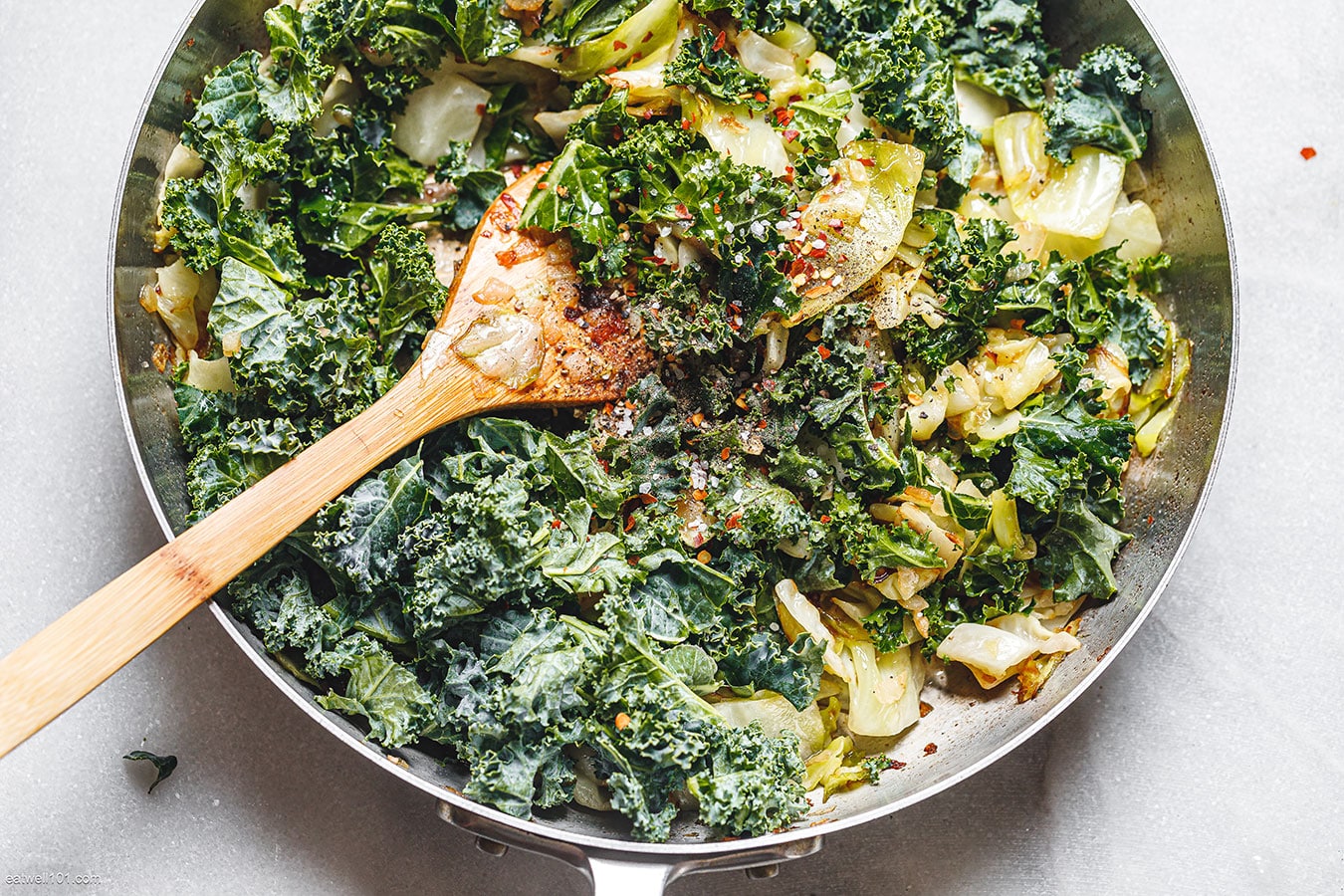241
Kale is a typical seasonal vegetable in winter, which provides many vitamins and nutrients in the cold season. How healthy the green cabbage really is, we explain to you in this practical tip.
This is how healthy kale is
From October to January, you can find this healthy, green cabbage vegetable – perfect for the cold season when seasonal fresh fruit is no longer available. You can prepare kale in a wide variety of ways. We present the best recipes in another practical tip.
- Kale is particularly low in calories and fat. Suitable, therefore, if you want to watch your figure during the Christmas season. 100 grams of kale contain about 37 kilocalories and under one gram of fat.
- It also contains particularly high levels of calcium. Just 100 grams of the vegetable is enough to fill your daily requirement.
- The large amount of vegetable protein that kale contains is important not only for vegetarians and vegans. This is particularly well tolerated and essential for your body.
- Green cabbage additionally also contains particularly many valuable antioxidants.
- There is more iron in kale than in red meat. It thus works against the widespread iron deficiency, which can manifest itself in fatigue and reduced concentration, among other things.
Even more healthy benefits of kale
The more gently you prepare kale, the more likely it is to retain its important nutrients and vitamins. Therefore, steam or blanch it rather than roast it. Also, go for fresh kale from the market rather than the jarred variety.
- Kale is one of the most important sources of the vitamin, with 105 milligrams of vitamin C per 100 grams.
- It also contains vitamins E and K. The former contributes to improved skin appearance, while vitamin K is important for blood clotting.
- A number of minerals also make cabbage so healthy. It contains about 500 milligrams of potassium per 100 grams, as well as magnesium, phosphorus, zinc and iron.
- The omega-3 fatty acids, also abundant in kale, have anti-inflammatory effects, promote wound healing and prevent heart disease.
- In various studies, kale has been shown to lower your cholesterol. We’ll explain what that means and why it’s important in another practical tip.
